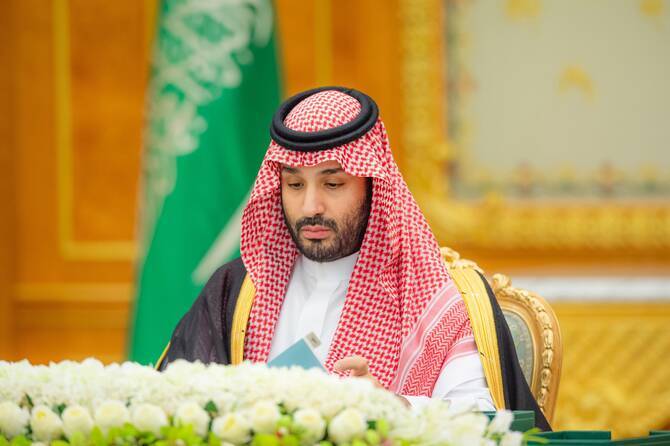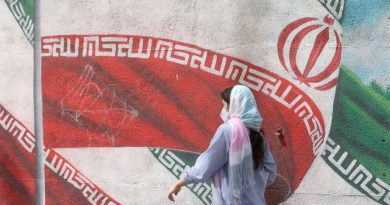Saudi Crown Prince to Visit Washington With Security, AI and Nuclear Cooperation on the Agenda
Riyadh – A visit by Saudi Arabia’s crown prince to the White House on Tuesday is expected to reinforce long-standing cooperation on security and energy while expanding discussions into new areas such as artificial intelligence, advanced technology and potential civilian nuclear collaboration that both sides view as central to shaping future strategic ties.
It marks the crown prince’s first trip to the United States in several years and comes at a time when both nations aim to refocus their partnership on mutual interests, with the world’s largest economy and one of the world’s most influential energy producers seeking to strengthen cooperation across multiple sectors.
The upcoming meeting follows years of tension after the killing of Saudi journalist Jamal Khashoggi in 2018, an incident that generated significant international reaction, though both sides now appear intent on concentrating on broader regional challenges, strategic objectives and long-term defence and economic arrangements.
During the visit, the Saudi leader is expected to highlight the importance of security guarantees in light of continuing regional instability, particularly as Middle Eastern tensions and shifting alliances have reinforced the kingdom’s view that a more defined security framework is essential for long-term stability.
At the same time, the United States is focused on building momentum behind major Saudi investment commitments in the American economy, with discussions expected to include infrastructure, technology, industrial partnerships and new areas of digital and energy collaboration aligned with U.S. economic priorities.
The crown prince also aims to advance talks on access to artificial intelligence technologies and leading-edge computer chips, which play a central role in Saudi Arabia’s broader Vision 2030 transformation strategy and its efforts to become a regional and global hub for digital innovation.
Officials say the kingdom is seeking to secure clearer pathways for cooperation with major U.S. technology companies, both to boost domestic AI capabilities and to strengthen competition with regional neighbours pursuing similar ambitions in data, cloud infrastructure and advanced computing.
Another key topic is the ongoing dialogue about establishing a civilian nuclear programme in Saudi Arabia, which the kingdom sees as a strategic step toward diversifying its energy mix while also aligning itself with global technological and scientific trends.
Progress has been gradual because previous discussions included technical conditions, such as restrictions on uranium enrichment or fuel reprocessing, which Saudi officials viewed as limiting; however, both sides are now signalling readiness to explore more flexible frameworks that still maintain international safeguards.
Regional dynamics continue to shape the strategic environment, especially following attacks on key energy infrastructure in recent years and broader geopolitical developments that have pushed Gulf states to reassess their security partnerships and explore new defence arrangements with global powers.
Some analysts expect that discussions may result in an initial agreement or statement outlining deeper cooperation on nuclear energy, defence consultation mechanisms and shared responses to emerging security threats, though any long-term pact would likely require additional rounds of negotiation.
Experts note that Washington may explore an executive-level agreement as a preliminary step, similar to arrangements recently made with other regional partners, providing structured consultation without committing the United States to automatic military intervention.
Saudi officials say such an approach could serve as part of a broader process leading toward clearer security assurances, even if it does not fully meet the kingdom’s long-term expectations for a formal defence treaty endorsed by the U.S. Congress.
The agenda also includes regional diplomacy, economic diversification, space cooperation and joint innovation partnerships that both countries see as reinforcing economic resilience while positioning Saudi Arabia as a more prominent player in global technology and energy transitions.
As the visit approaches, observers say the meeting reflects both sides’ interest in stabilizing a key relationship that influences regional energy markets, global trade flows and broader security dynamics across the Middle East, with expectations that the talks will set the tone for deeper engagement throughout the coming year.
The outcome is likely to shape the trajectory of U.S.–Saudi cooperation on defence, digital infrastructure, energy diversification and strategic technology, making the visit one of the most closely watched diplomatic engagements of the current regional climate.



